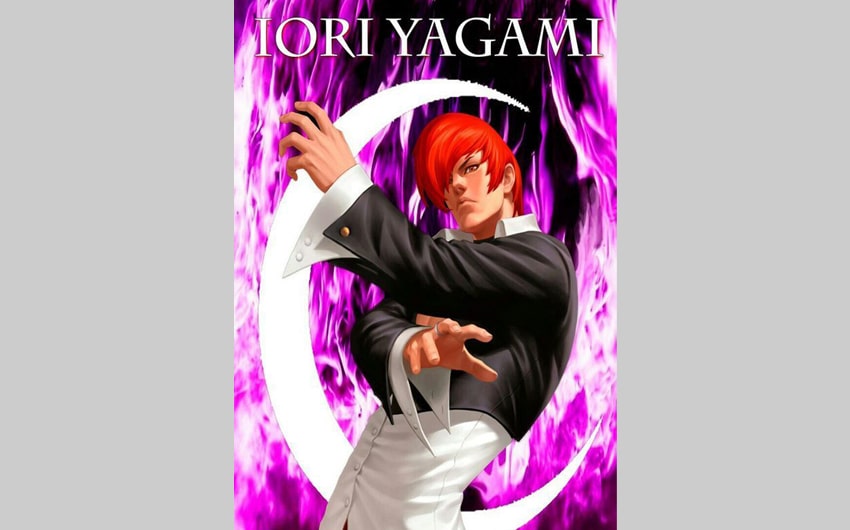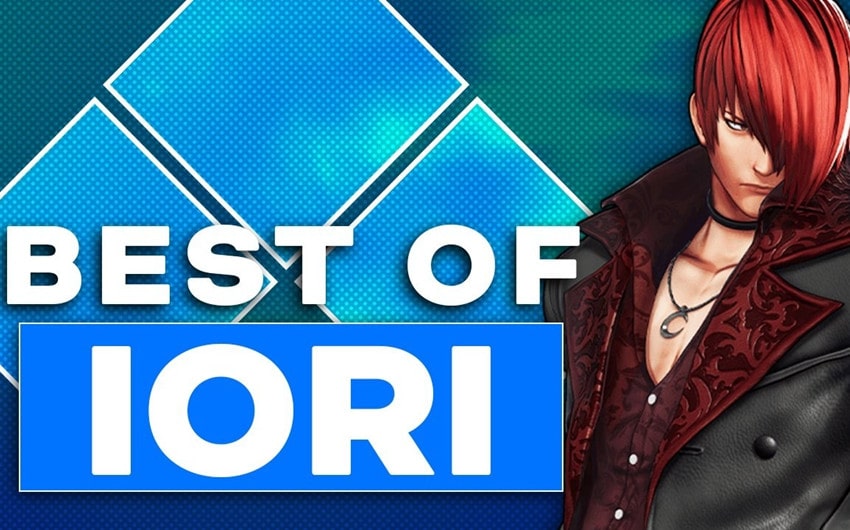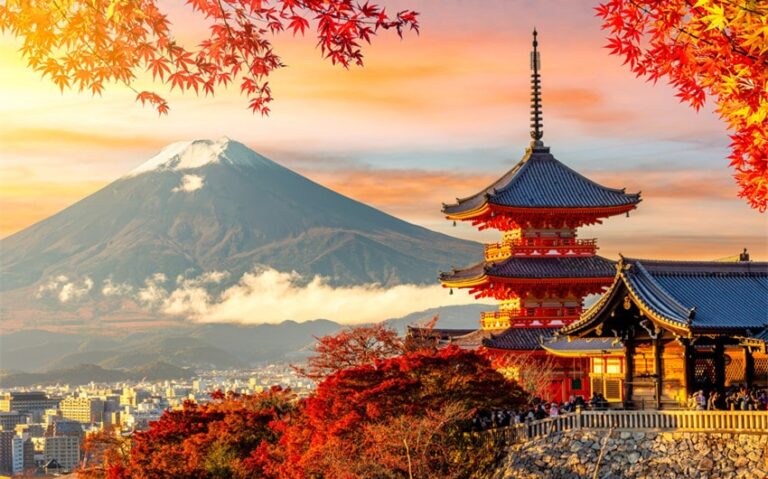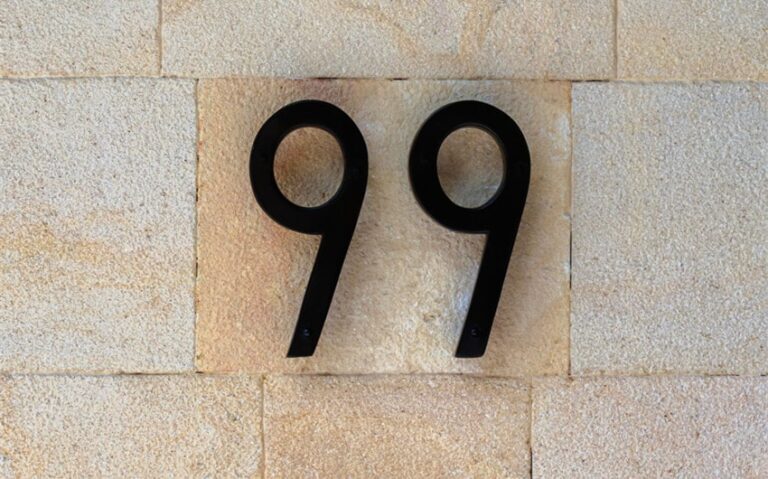Iori Name Meaning And How It Connects To Japanese Heritage
Names carry history, meaning, and a sense of identity. Whether you’ve heard the name Iori in anime, video games, or real life, you might wonder about its deeper significance. With roots in Japanese culture, this name has a rich background shaped by language and tradition. It can take on different meanings depending on the kanji used, making it even more unique.
Understanding Iori name meaning gives insight into its symbolism and why it continues to be a popular choice. Whether you’re considering the name for a child or just curious, exploring its origins is a fascinating journey.
Origins and Cultural Background
The name Iori has deep roots in Japanese language and culture, making it an intriguing name with layers of historical and linguistic significance. Unlike many names that have a single clear origin, Iori has evolved over time, shaped by both traditional and modern influences.
Japanese Origins
In Japan, names are often formed using kanji, which are characters that hold both phonetic and symbolic meaning. Iori is no exception—its meaning depends on the specific kanji characters chosen. Historically, Iori was not just used as a personal name but also as a term referring to a dwelling, cottage, or hermitage, which connects it to themes of solitude, nature, and peaceful living.
The name has been used in samurai families, literature, and folklore, reflecting its strong presence in Japanese tradition. It has also been a common name among monks and hermits, as it is linked to the concept of isolation and self-reflection—an important aspect of Zen and Buddhist philosophy.
Non-Japanese Origins and Usage
While Iori is predominantly a Japanese name, it has gained some recognition outside Japan due to its appearance in anime, manga, and video games. While not widely used in Western cultures, it has been adopted by fans of Japanese culture, sometimes as a first name or even a username in online communities.
The name is rarely found in other languages, but its soft and melodic pronunciation makes it appealing in global settings. The way Iori is written in Roman letters (rōmaji) allows it to stand out internationally without losing its Japanese authenticity.

Image source: Pinterest
Meaning of the Name Iori in Japanese
Since Japanese names can be written with different kanji, the meaning of Iori is flexible. Here are some of the most common kanji variations and their meanings:
1. 庵 (Iori) – “Hermitage” or “Thatched Hut”
This is one of the most traditional ways to write Iori. The character 庵 refers to a small, secluded dwelling, often associated with monks, poets, or scholars seeking solitude in nature. This version of the name suggests peacefulness, introspection, and wisdom.
It is often found in historical contexts, where figures like Buddhist monks or samurai warriors would retreat to an iori (hermitage) to practice meditation or seek enlightenment. A person named Iori (庵) might be perceived as calm, thoughtful, and wise.
2. 伊織 (Iori) – “Woven Fabric” or “Beautifully Arranged”
Another common variation is 伊織, where:
- 伊 (I) can mean “Italy” (phonetically) or a garment or elegant clothing
- 織 (Ori) means “to weave” or “fabric”
This version of Iori has an elegant and artistic feel, making it a refined name with a poetic quality. It might suggest that someone named Iori has a creative or intricate personality, much like woven fabric that comes together from many threads. This kanji combination has been used in samurai families in the past, giving it a historical prestige.
3. 五織 (Iori) – “Five Weavings” or “Multiple Creations”
This version uses the kanji 五 (Go, meaning “five”) and 織 (Ori, meaning “weaving”). It symbolizes creativity and craftsmanship, possibly reflecting someone skilled in making things, whether through art, fashion, or music.
4. 依織 (Iori) – “Dependable Weaving” or “Trusted Fabric”
- 依 (I) means “rely on” or “trust”
- 織 (Ori) still refers to weaving or creation
This version could symbolize someone trustworthy, dependable, and artistic, with an ability to connect things together—whether ideas, people, or projects.
Each of these variations gives Iori a unique meaning, allowing parents to choose a kanji that resonates with their vision for the name.
Iori in History, Literature, and Pop Culture
Historical Figures Named Iori
In feudal Japan, Iori was used among samurai families, and one of the most famous historical figures with this name was Miyamoto Iori. He was the adopted son of Miyamoto Musashi, one of the greatest samurai warriors and swordsmen in history. Miyamoto Iori followed in his father’s footsteps and played a significant role in samurai leadership and military service. His name is linked to the warrior tradition and loyalty.
Iori in Classic Japanese Literature
The term Iori (庵) appears in many classical Japanese poems and texts, often referring to hermits, wandering poets, and monks who lived in solitude. These figures were seen as wise and deeply connected to nature and spirituality, reinforcing the idea that Iori is a name associated with introspection and wisdom.
Iori in Anime, Manga, and Video Games
In modern times, Iori has gained popularity due to its appearance in popular anime, manga, and video games. Some notable characters include:
- Iori Yagami (The King of Fighters) – A famous video game character known for his fiery personality and strong fighting abilities.
- Iori Minase (The Idolmaster) – A character from a popular anime and game franchise, known for her ambitious and confident nature.
- Iori Nagase (Kokoro Connect) – A well-loved anime character with a complex, introspective personality.
These fictional characters have helped spread the recognition of the name Iori globally, making it familiar to fans of Japanese pop culture.
Symbolism and Personality Traits Associated with Iori
The name Iori carries strong symbolic meanings depending on the kanji and cultural context. People with this name are often associated with specific personality traits and characteristics influenced by historical and literary connections. While a name does not define a person entirely, certain cultural expectations and symbolic meanings are often attached to it. Here are some of the common personality traits and symbolic meanings associated with the name Iori:
1. Deep Thinkers and Philosophers
Since Iori is historically linked to hermitages and solitude, it is often associated with individuals who possess a thoughtful and introspective personality. People with this name may be seen as deep thinkers, constantly contemplating the meaning of life, personal growth, or philosophical ideas. This aligns with how Iori has been used in history to describe monks, scholars, and poets who withdrew from society to seek knowledge and enlightenment. Many individuals with this name are believed to be introspective, valuing their inner world and preferring solitude over superficial interactions.
This trait is also reflected in fictional characters named Iori, who are often portrayed as mysterious, intellectual, or emotionally complex. They are not always reserved but tend to carry a sense of depth and wisdom, making them stand out from others. Whether in historical accounts or modern storytelling, an Iori is often depicted as someone who possesses profound insight into human nature and the world.
2. Strength and Honor
With its samurai and warrior connections, Iori is also linked to courage, loyalty, and honor. Historical figures like Miyamoto Iori, the son of the legendary samurai Miyamoto Musashi, reinforce the idea that people with this name are expected to have a strong moral compass and unwavering dedication to their values. Samurai were known for their discipline and sense of duty, and the name Iori carries echoes of this traditional warrior spirit.
Those named Iori may be perceived as individuals who stand by their principles, showing unwavering determination in the face of adversity. Whether in leadership roles, personal relationships, or career paths, they are believed to embody strong willpower, resilience, and an innate sense of justice. This can make them natural leaders or people others rely on for guidance and support.
3. Creativity and Artistry
Certain kanji variations of Iori, such as 伊織 (woven fabric) or 織 (to weave), give the name a strong connection to art, craftsmanship, and creativity. Just as weaving requires patience, precision, and vision, individuals named Iori are often thought to possess an artistic and imaginative mindset. This symbolism is reflected in both historical and modern contexts, where the name is linked to poets, artists, and musicians.
Creativity in this sense does not necessarily mean traditional artistic skills alone. It can also mean problem-solving abilities, innovative thinking, and an appreciation for beauty in all aspects of life. Someone with the name Iori might have a strong passion for expressing themselves through words, music, painting, or even through unconventional ideas. This artistic and creative energy is often paired with a deep sense of precision and attention to detail, much like how a skilled craftsman carefully weaves intricate patterns.
4. Calm and Mysterious Nature
Because of its connections to hermits, monks, and samurai, the name Iori can also symbolize someone who is calm, reserved, and slightly enigmatic. People with this name are often perceived as having an air of mystery, not always revealing their full thoughts and emotions to those around them. This trait can make them intriguing and attractive to others, as they tend to observe more than they speak.
This mysterious nature does not necessarily mean that an Iori is distant or unapproachable. Instead, they may simply be selective with their words and actions, choosing meaningful communication over idle chatter. Their presence often has a soothing or commanding effect on those around them, as they exude a sense of quiet confidence. This balance between calmness and strength makes Iori a name associated with individuals who possess both inner peace and deep resolve.
Modern Popularity and Usage
While Iori is deeply rooted in Japanese history and culture, its usage and perception have evolved over time. Today, it remains a recognizable and respected name, appearing in various forms across literature, media, and personal naming traditions. Below are some key insights into how the name Iori is used in the modern world.
1. Popularity in Japan
In Japan, Iori is not one of the most common names, but it holds a distinctive and refined status. It is used for both boys and girls, though historically, it has been more common as a male name due to its association with samurai and warrior culture. However, in recent years, it has gained popularity as a gender-neutral or even feminine name, particularly when paired with certain kanji combinations that soften its meaning.
Many parents who choose the name Iori for their child do so because of its elegant sound, deep meaning, and historical significance. It is often seen as a name that conveys intelligence, strength, and artistic sensibility, making it a desirable choice for those who want a unique yet meaningful name for their child. Unlike some traditional Japanese names that have declined in usage, Iori remains relevant and adaptable, appealing to both modern and traditional naming preferences.
2. Influence of Pop Culture
Thanks to anime, manga, and video games, Iori has become a familiar name outside of Japan. Fictional characters named Iori often have complex personalities, reinforcing the idea that this name carries a sense of depth and mystery. Because of this, it has gained attention among fans of Japanese culture, sometimes inspiring them to use the name for characters in their own creative works, online personas, or even as a baby name.
Additionally, the globalization of Japanese media has made the name Iori more recognizable. Characters like Iori Yagami from The King of Fighters or Iori Minase from The Idolmaster have helped establish Iori as a name with strong emotional and artistic associations. These representations continue to shape how the name is perceived both in Japan and abroad.
3. Adoption in Western Culture
While Iori is still relatively rare in Western countries, it has been adopted by some parents who appreciate Japanese culture and names with soft yet strong meanings. Since it is short, easy to pronounce, and visually appealing in Roman letters, it has potential as a crossover name that can be used internationally. Some non-Japanese individuals also choose Iori as a nickname, gamer tag, or artistic pseudonym, embracing its elegant and mysterious aura.
Unlike traditional Western names, Iori has an exotic and unique charm, making it appealing for those looking for something distinctive yet meaningful. As interest in Japanese culture, language, and naming conventions continues to grow, it is likely that the name Iori will see gradual adoption outside Japan, particularly among those who want a name with aesthetic and cultural depth.
Featured image source: YouTube







